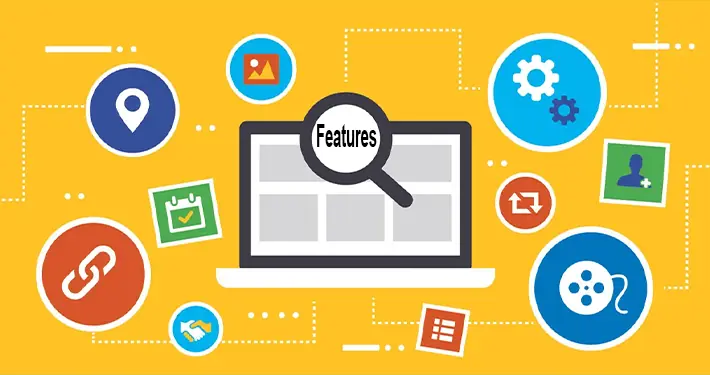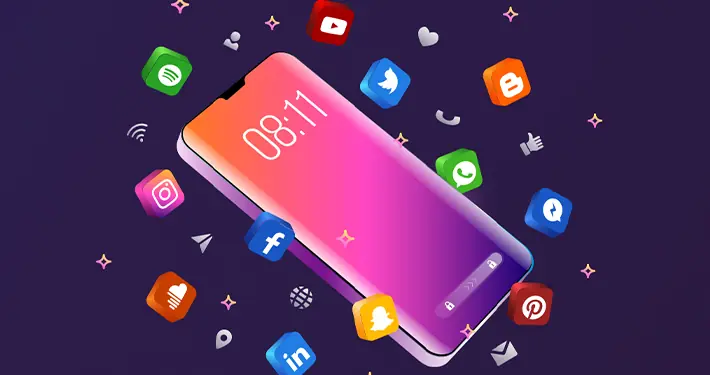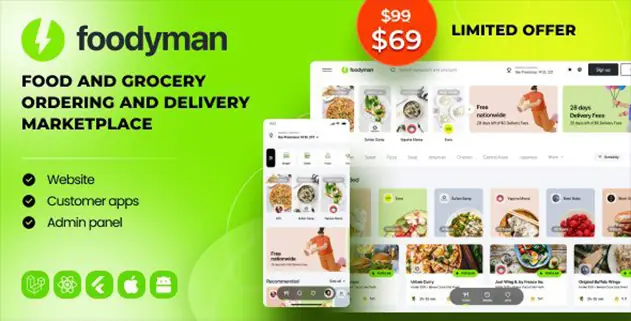Foodyman 2023-10 – Delivery Marketplace Web & Customer Apps
Foodyman is Food and Grocery Ordering and Delivery Marketplace. All-in-one: Website, Mobile Customer apps, Admin Panel (web), Seller Panel (web). A Vendor app and delivery app is available but sold separately.
Foodyman Marketplace consists of (i) customer-facing Web and Mobile applications, (ii) a mobile Delivery application (sold separately), (iii) a mobile Vendor application (sold separately), and (iv) a Point-of-Sale (POS) mobile and desktop application (sold separately).
Foodyman Marketplace functions as a marketplace similar to major players like Uber Eats and DoorDash, allowing restaurants and stores to showcase and sell their products. In fact, Foodyman Marketplace goes a step further by enabling table reservations and QR menu-based ordering through its POS module.

Foodyman 2023-10 – Delivery Marketplace Web & Customer Apps Features
- Laravel
- Flutter
- Reactjs
- Typescript and Nextjs
- Rest API
What is a Mobile App
A mobile app, or mobile application, is a specialized type of software created for mobile devices, such as smartphones and tablet computers. In contrast to conventional desktop or laptop applications, mobile apps are tailored to leverage the unprecedented reach, portability, touchscreen interfaces, and diverse functionalities of mobile platforms.
Mobile apps fall into three main categories: hybrid, native, and web apps. A native app is a software application developed specifically for one mobile device operating system (OS), while a native and web application can each run on more than one OS.
The Apple App Store was pivotal in popularizing mobile applications, offering a vast array for iPhone, iPad, and iPod Touch users. Now, Google Play Store has overtaken the App Store in terms of the number of available apps. These app stores are home to the world’s iOS and Android apps.

Examples of mobile apps include gaming apps that entertain, productivity apps that make tracking and accomplishing work easier, ecommerce applications, and health-tracking apps to maintain people’s mental and physical well-being.
Users are not the only ones who benefit from applications. More businesses and organizations are building mobile apps to generate more income or scale their operations. These entities develop apps independently, scout for outsourced talent, hire freelancers, or collaborate with app agencies to succeed in their goals.
One key industry that leverages mobile apps for growth is e-commerce. There are many examples of ecommerce companies that have gone mobile. One relevant instance is when MyDeal collaborated with Appetiser Apps to maintain industry competitiveness in the face of user migration from desktops to smartphones.

